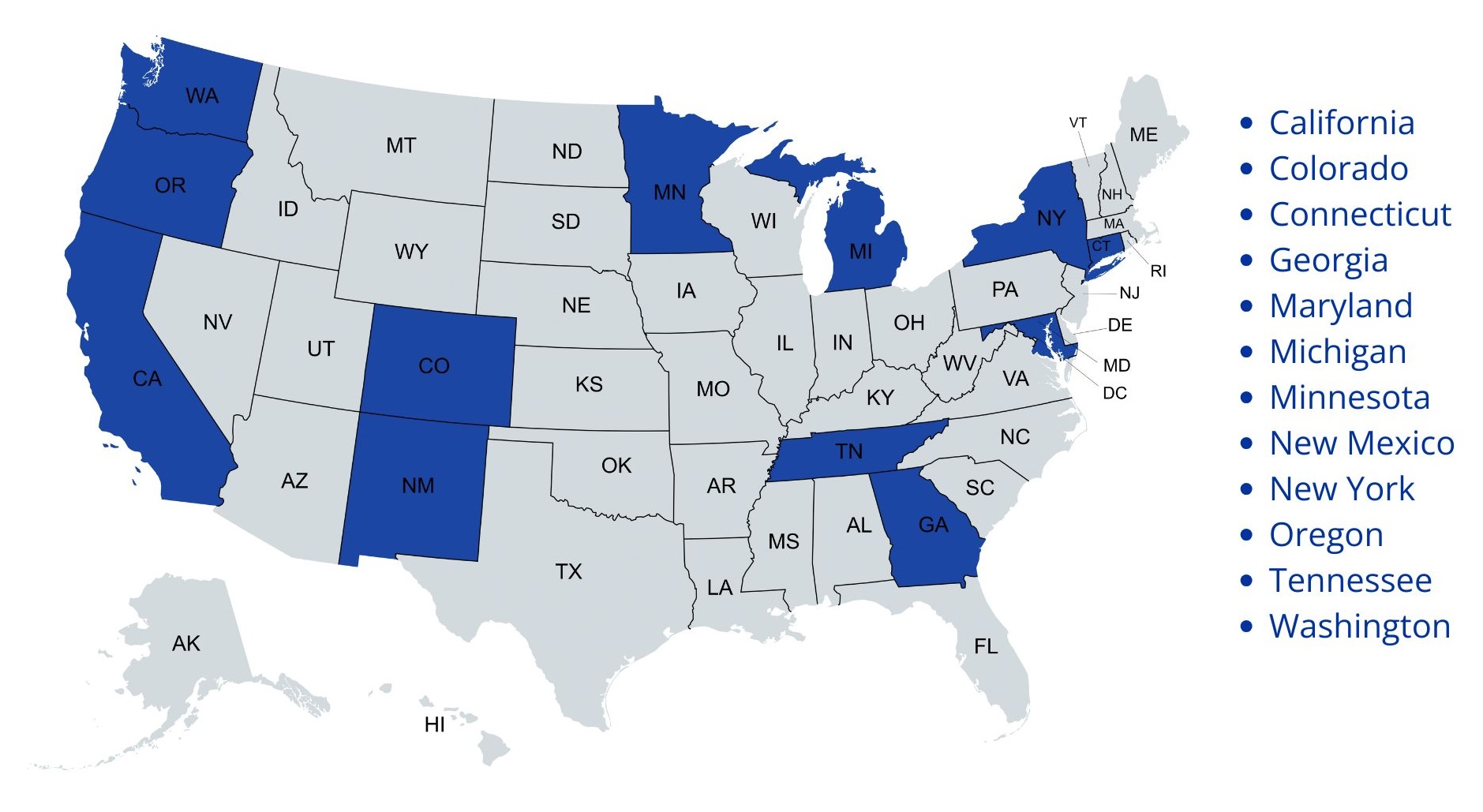Overview
The Georgia Emerging Infections Program (GA EIP) is a public health initiative aimed at improving the state’s ability to detect, track, and control emerging infectious diseases. Funded by the Centers for Disease Control and Prevention (CDC), the GA EIP is part of a larger network of state-based programs dedicated to surveillance, prevention, and response to infectious diseases. The program monitors a broad range of illnesses, including respiratory infections, gastrointestinal diseases, vector-borne diseases, and antimicrobial-resistant infections. Through robust data collection and surveillance, the GA EIP tracks disease trends and provides valuable insights into the incidence and spread of infections in Georgia. The program also collaborates with local health departments, healthcare providers, and academic institutions to enhance public health preparedness and response strategies. Additionally, the GA EIP supports research initiatives to better understand the transmission patterns, prevention strategies, and potential impacts of emerging infections, ultimately strengthening the state's capacity to respond to public health threats and protect community health.




